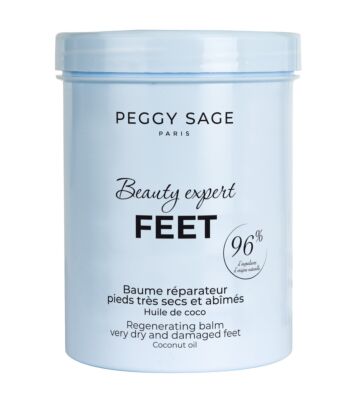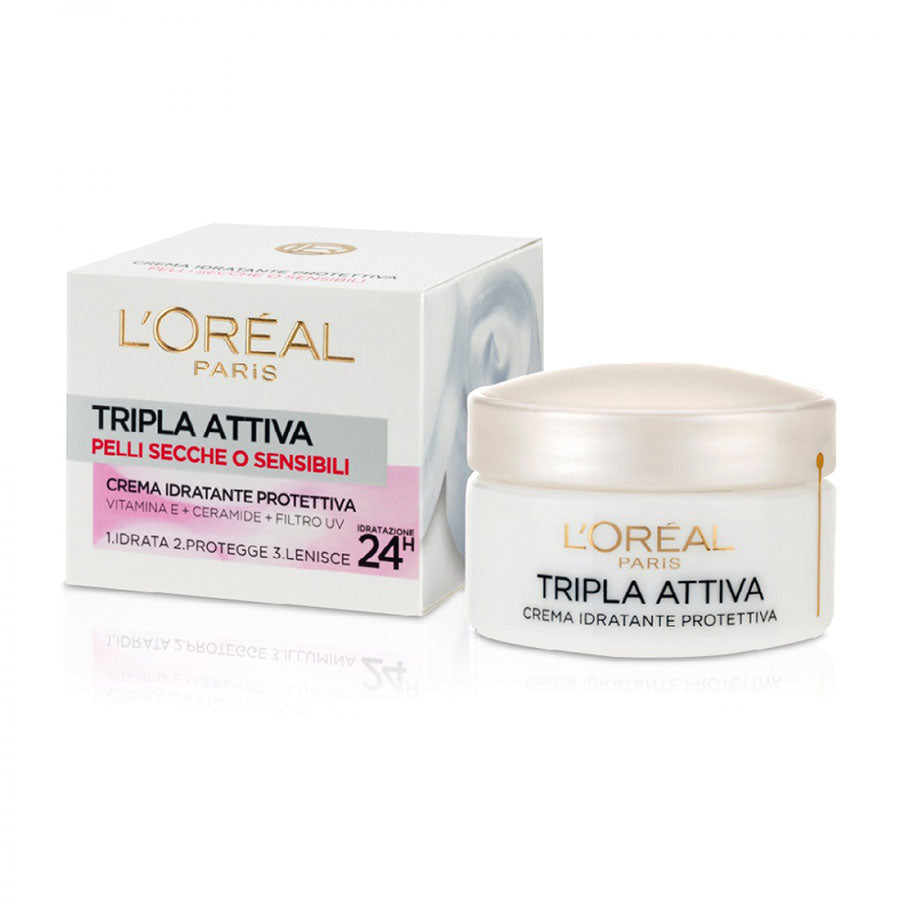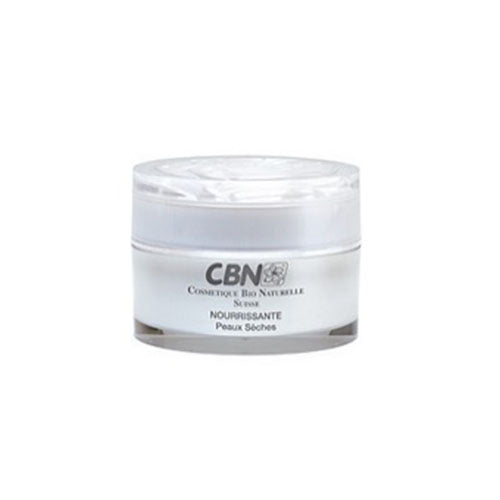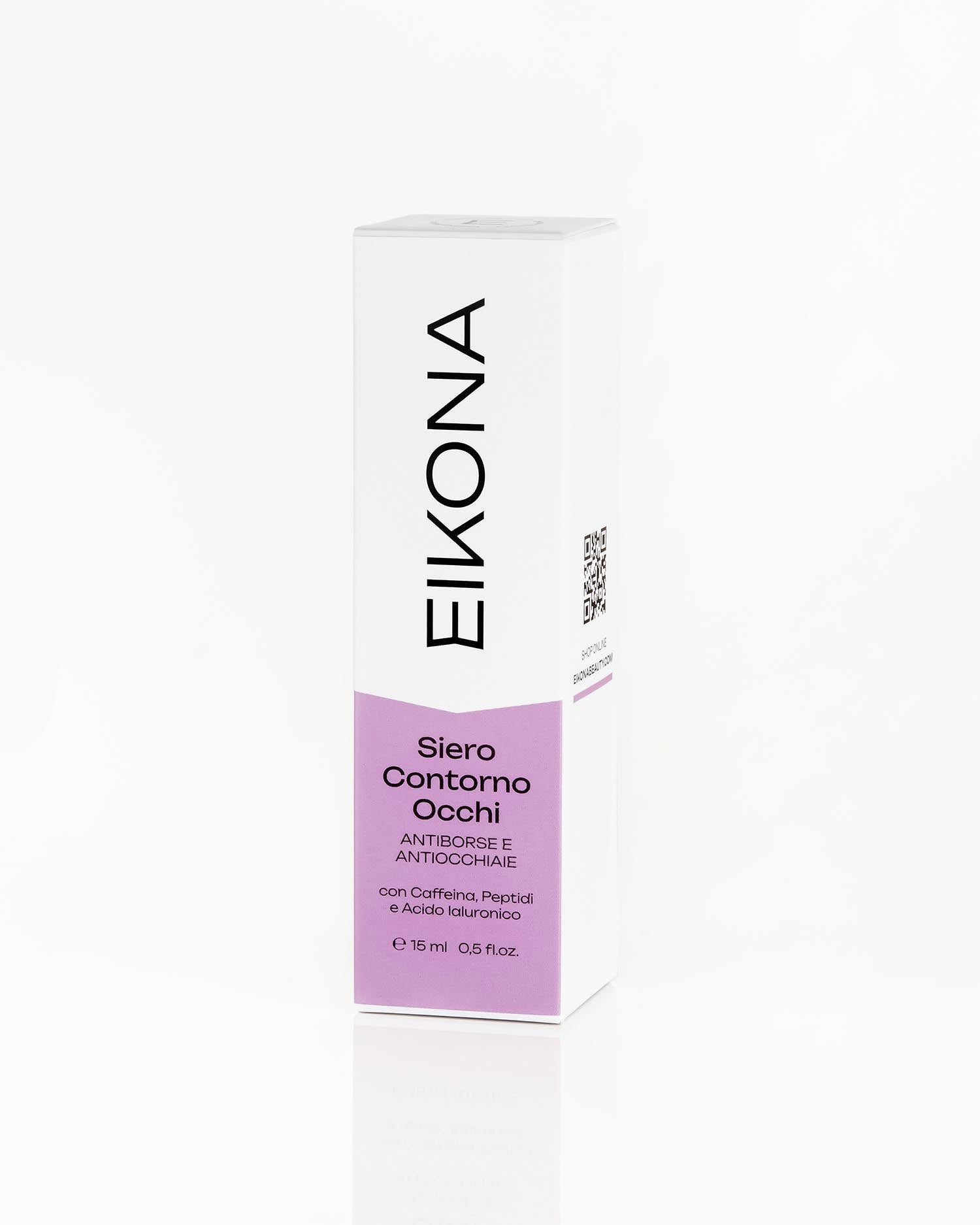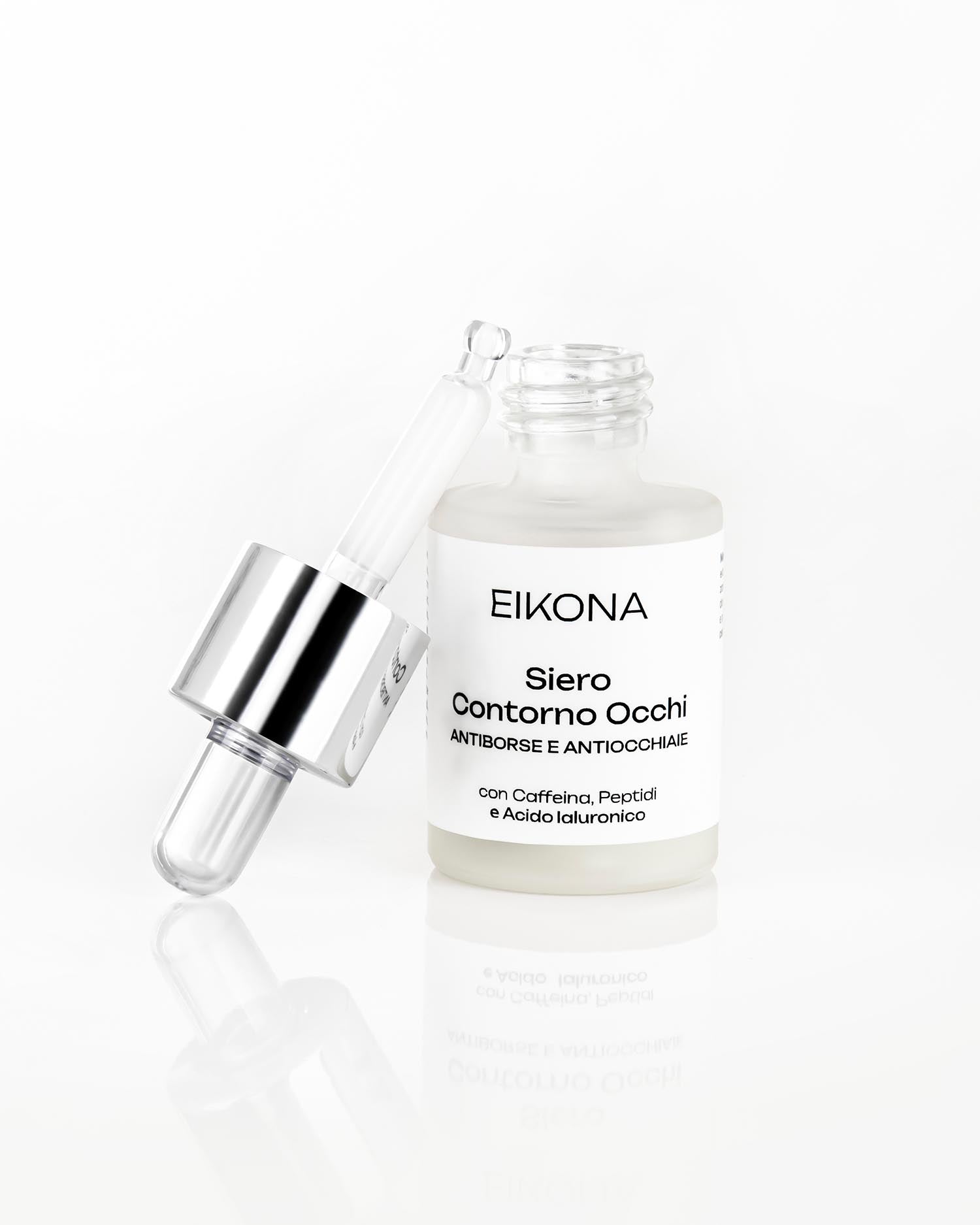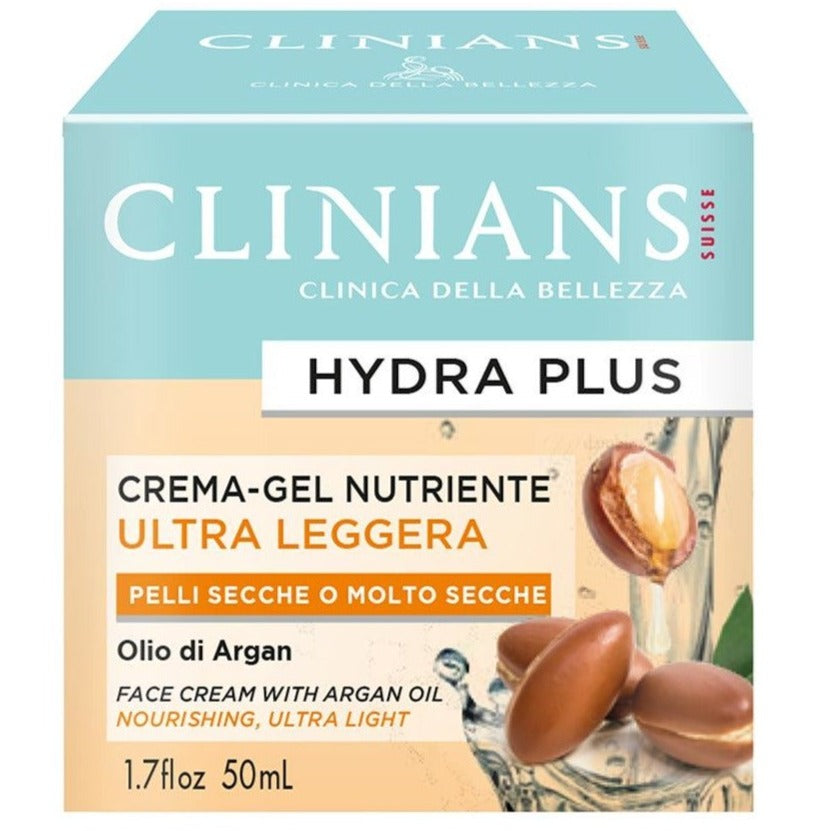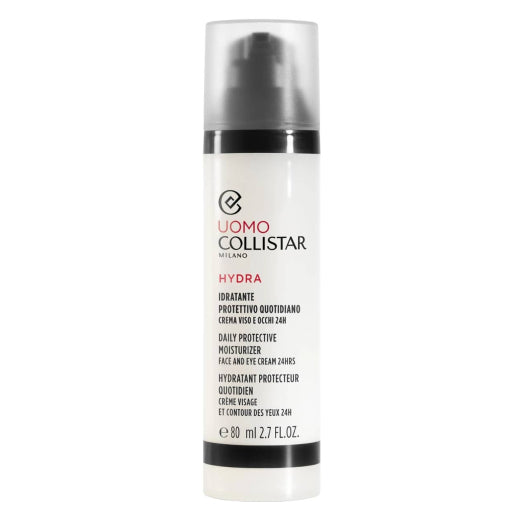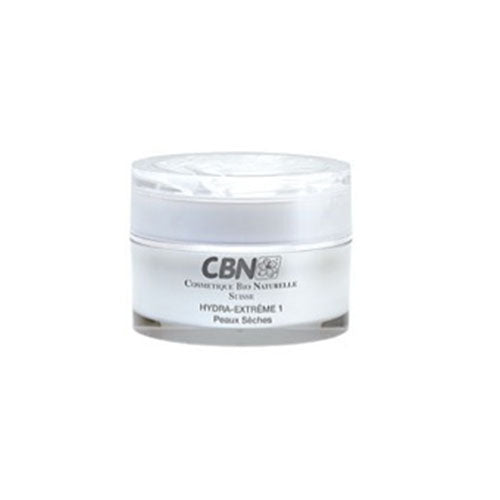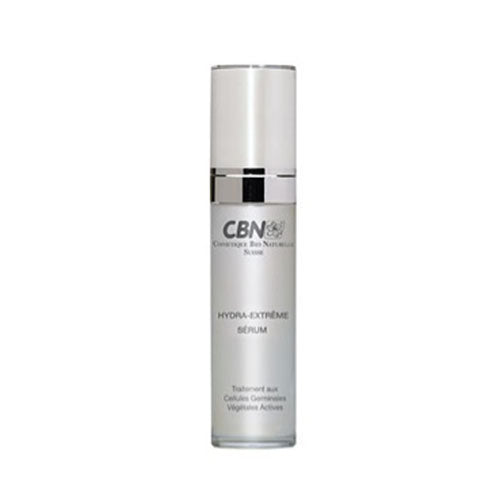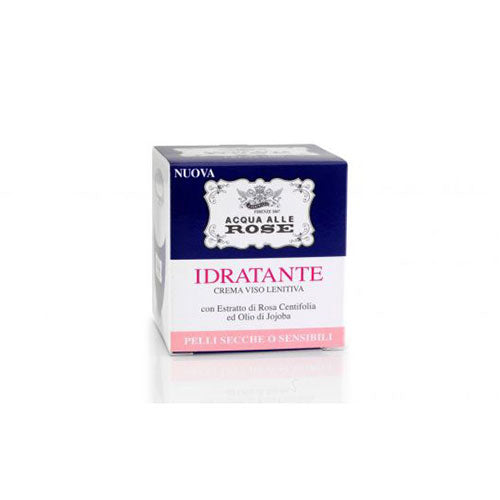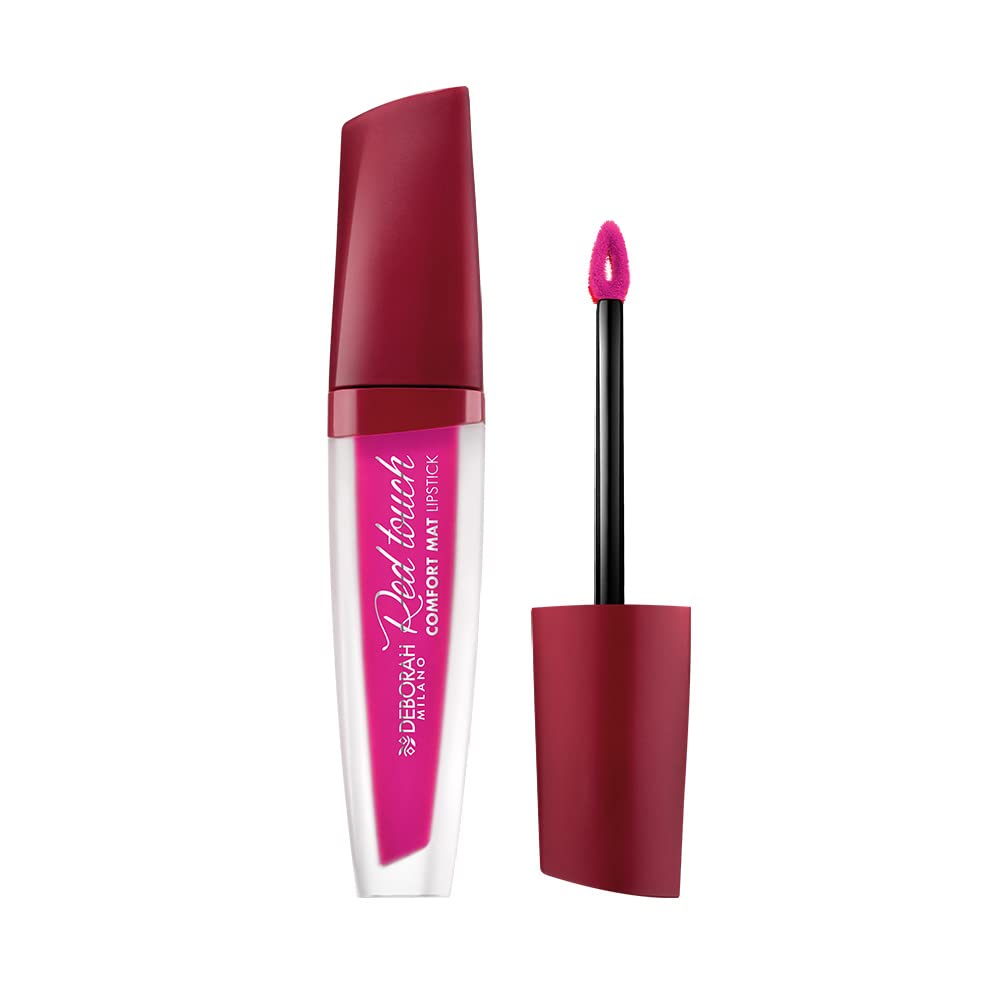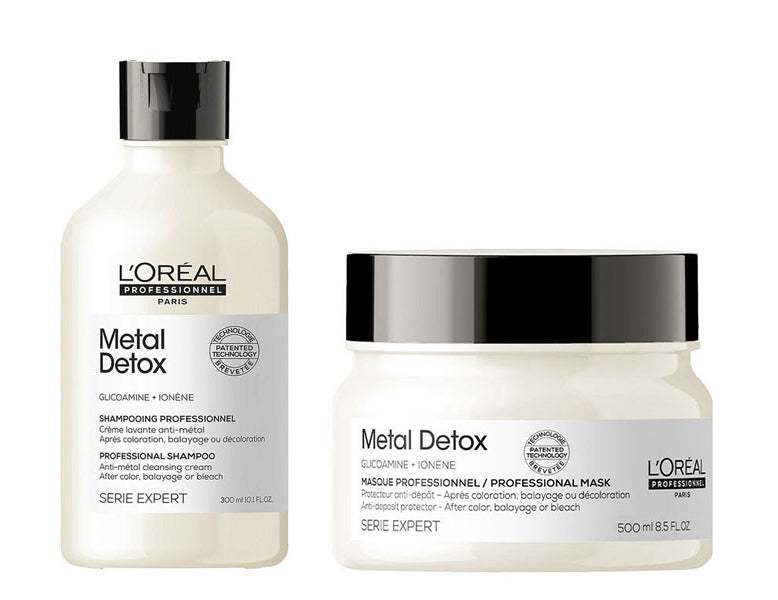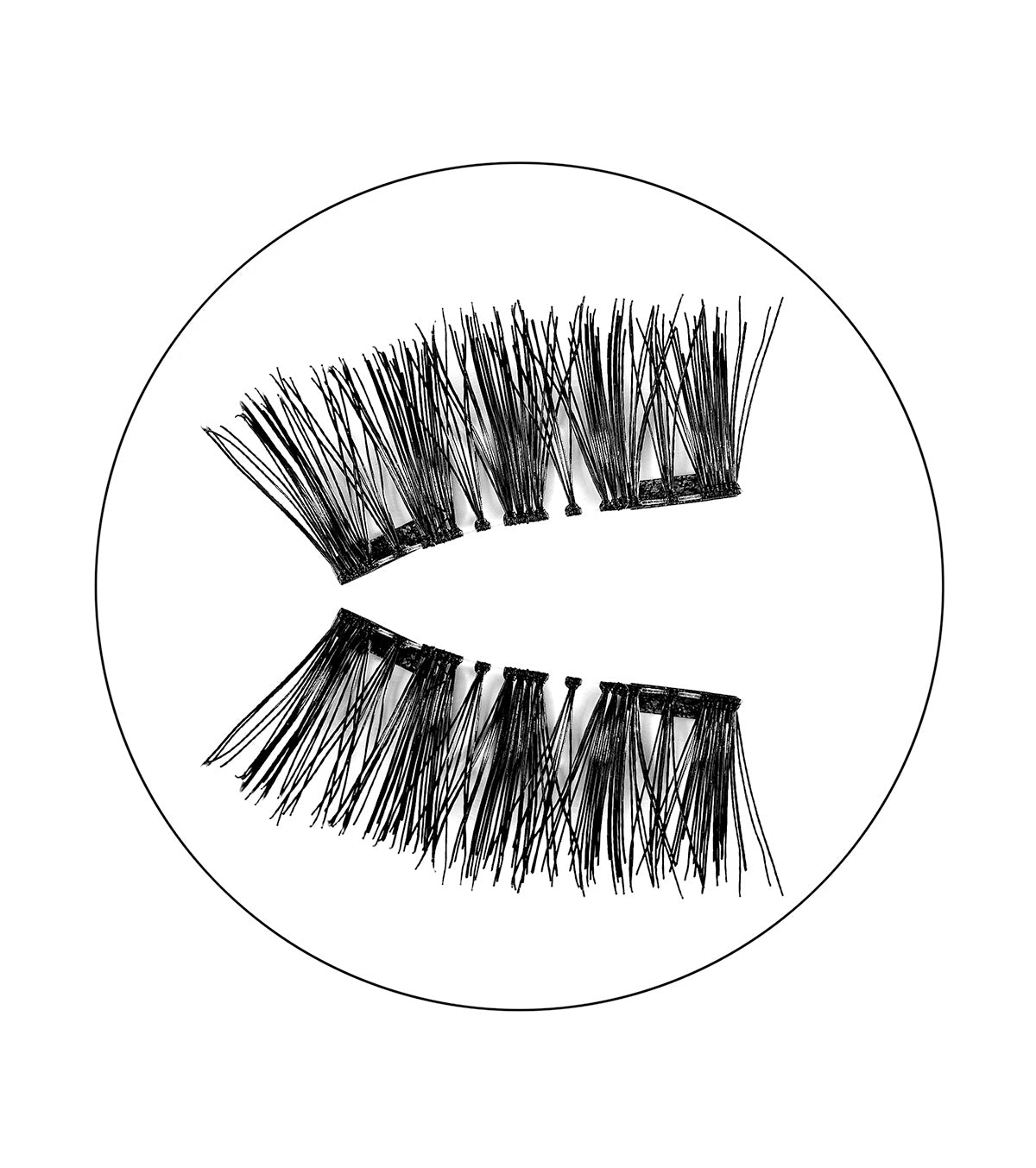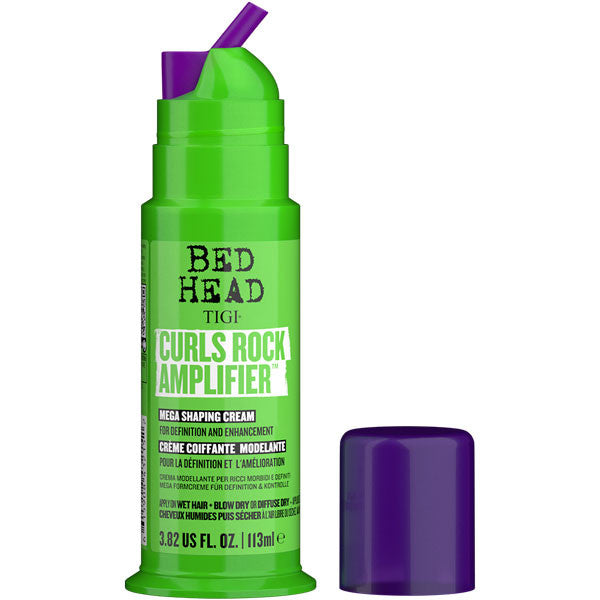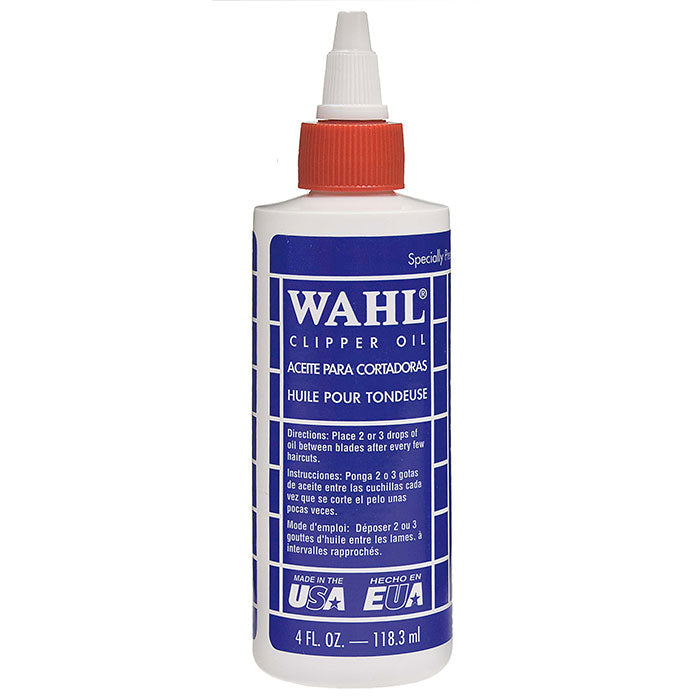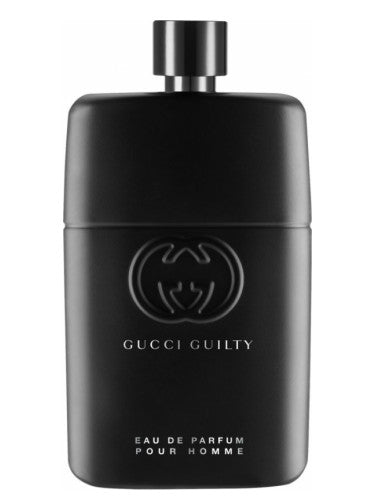Dry Skin
Best Dry Skin Products - Buy Now!
Daily treatment with products specifically formulated for dry skin can help provide relief from symptoms and improve overall skin condition . Discover our range of products for dry skin
What causes dry skin?
Dry skin is a common skin condition that can cause itching , cracking , and scaly skin. The main cause of dry skin is a reduction or loss of moisture in the epidermis, the outer layer of the skin. This can be caused by external factors such as climate change, sun exposure, or the use of harsh skin care products.
Other factors may include age, as skin becomes thinner and less elastic with age; chronic conditions such as Crohn's disease or diabetes; side effects of medications such as steroids; and skin conditions such as atopic dermatitis. In some cases, deficiencies in essential nutrients may also contribute to dry skin. Caring for dry skin includes drinking plenty of fluids, regularly applying moisturizers, and avoiding irritants. If symptoms persist or worsen, it is recommended that you consult a doctor.
What causes dry skin?
Dry skin can be caused by a variety of factors, some more common than others. First, dry skin can be due to a lack of hydration . A lack of water can leave your skin dry and flaky . Additionally, sun exposure is another common cause of dry skin; prolonged exposure to ultraviolet rays can dry out your skin and cause damage.
Other factors that can cause dry skin include exposure to dry air or air conditioning, frequent washing with harsh soaps, use of inappropriate skin care products, age, and certain skin conditions such as atopic dermatitis or eczema. A diet that is poor in nutrients can also contribute to dehydration of the skin and make it appear drier. Finally, certain medical conditions can also affect the health of the skin and make it more susceptible to problems such as dryness.
What are the characteristics of dry skin?
Dry skin is a condition in which the skin feels rough and is unable to retain moisture. It mostly affects the limbs, but can occur anywhere on the body. In some cases, it may be accompanied by itching, flaking, or redness.
The most common causes of dry skin are exposure to wind, dry air or sun, use of harsh detergents orbody washes or frequent washing with hot water. Other factors that can contribute to dry skin include advanced age, cold and dry climates and medical conditions such as atopic dermatitis, psoriasis, hypothyroidism and vitiligo.
Symptoms of very dry skin can vary from person to person but typically appear as flaky skin that feels rough to the touch. The skin also appears discolored with yellowish-gray patches. Dry skin can cause increased itching or irritation and is often accompanied by flaking, redness, or crusting of the skin surface.
Preventing dry skin starts with a good skin care regimen. Avoid harsh body washes or cleansers that contain alcohol or strong foaming agents, and limit the use of hot water when washing. After showering, it is important to apply a moisturizer specifically formulated for dry skin care to maintain the skin's softness and elasticity. Using sunscreen products can help prevent sun damage that can contribute to dry skin.
What cream to use for dry skin?
To take care of dry skin, it is important to choose a good cream. A rich and nourishing moisturizer can work wonders on dry skin, making it soft and smooth.
Most people with dry skin find relief by using a cream that contains at least 8% urea, a natural compound that helps moisturize the skin and retain moisture. It is also recommended to use a cream with a high content of hyaluronic acid , as it helps maintain the skin's elasticity.
Other things to look for in your cream are natural oils like almond oil or olive oil, along with moisturizing ingredients like glycerin or shea butter. If possible, choose a cream without fragrances or preservatives, as these can irritate dry skin. Using cream twice a day after cleansing can help keep your skin moist and soft over time.
How to moisturize very dry body skin?
If you have very dry skin on your body, you probably know how frustrating it is to try to keep it soft, smooth and nourished . The good news is that there are many natural ways to moisturize dry skin. When it comes to taking care of your skin, prevention is better than cure! Here are some remedies to moisturize dry skin on the face or dry skin on the body :
1. Use warm water to bathe: Hot water can dry your skin further. After bathing, be sure to pat dry with a soft towel and pat dry rather than rub.
2. Try an essential oil bath: Adding a few drops of essential oil to your bath water can help soothe dry skin. The most popular essential oils are sweet almond oil and jojoba oil.
3. Use a moisturizer: Apply a moisturizer all over your body after every bath or shower. Make sure to choose a product with natural ingredients and that has at least an SPF of 15 to protect you from UV rays.
4. Make warm compresses: Soak a towel in warm water, wring it out well, and place it over your entire body for 5-10 minutes before getting out of the bath or shower. This will increase the moisture level on your skin and make your moisturizers more effective.
5. Eat fresh fruits and vegetables: Eating fruits and vegetables rich in vitamin C and antioxidants can have beneficial effects on your overall skin health, even increasing the softness of dry skin.
6. Use products with shea butter : Shea butter is rich in essential fatty acids that help restore the skin's protective barrier and maintain hydration. Use it as a daily moisturizer, applying it to dry skin and massaging it until completely absorbed.
7. Drink plenty of water: Drinking plenty of water is essential to ensure that your skin is well hydrated. Drinking at least 8 glasses of water a day will help increase the hydration of your skin and make it more elastic .
With these simple steps you can get soft , smooth and well-hydrated skin!
How to regenerate dry skin?
If your skin appears very dry and dehydrated, don't worry: there are several ways to regenerate it! The first thing to do is to identify the stress factors that could be causing the problem. Some of these can be exposure to the sun, pollution, the use of aggressive cosmetic products or an unhealthy lifestyle.
Once you have identified the factors responsible for dry skin, it is important to change your habits to solve the problem. If it is an incorrect diet, for example, it is good to introduce more vegetables and fruits into your diet and limit foods rich in fat . Drinking plenty of water can also have benefits for the skin.
To increase skin hydration, it is important to use cosmetic products specifically designed for dry skin. Cleansers should be gentle and non-aggressive, while moisturizers should contain ingredients such as vitamin E , hyaluronic acid , and natural oils such as coconut or jojoba. Using them regularly can help keep your skin soft and supple.
Another way to regenerate dry skin is to do a peeling . This is a cosmetic treatment that removes dead cells from the face with the help of chemicals such as glycolic or salicylic acid . This process stimulates cell renewal and can significantly reduce the signs of skin aging .
Finally, facial masks can also be beneficial for dry skin because they contain nutrients that deeply nourish it. They can be easily prepared at home by mixing low-fat yogurt, olive oil and honey or by purchasing specific products in herbalist's shops or organic stores. Use them once or twice a week to reactivate collagen production and restore skin elasticity!
.
